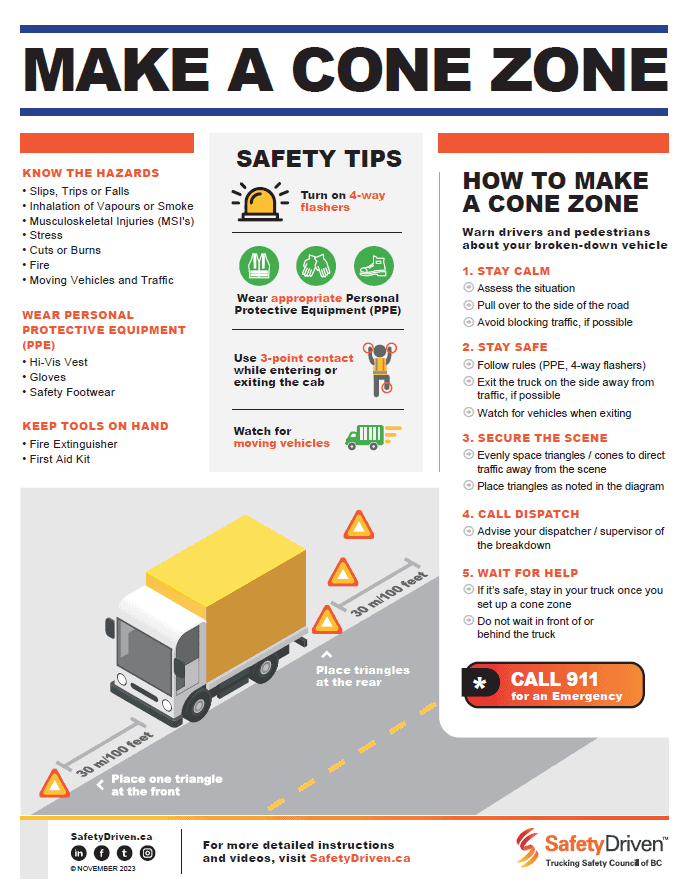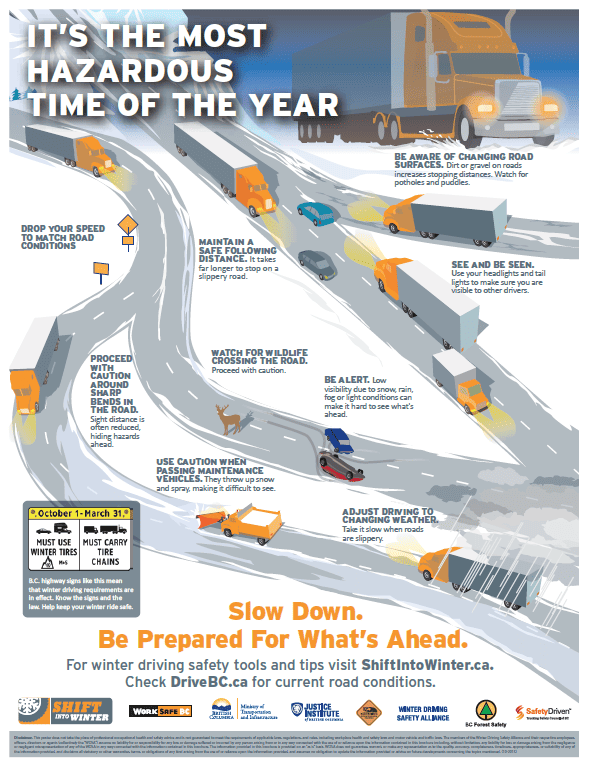
Coping With Stress in Stressful Times and Every Day
As a professional in the moving and storage industry, you handle stress every working day.
Tight schedules, demanding customers, unpredictable traffic, chancy weather, and equipment breakdowns are just some of the challenges that you may have to deal with under normal circumstances. Add to this the anxiety, further isolation, constantly changing rules and guidelines, and sheer physical difficulties of trying to continue working during a sudden, world-wide outbreak of deadly disease, and your mental health could quickly slide from “coping” to “stretched to the breaking point.”
Although the COVID-19 pandemic is a real and serious concern, it is important to keep it in perspective–just as with all worries and difficulties. How you face both everyday challenges and extraordinary ones can have a major effect on your level of stress and your overall mental health.
In “Challenging worries and anxious thoughts: Coping with stress and anxiety during the COVID-19 pandemic,” the Centre for Addiction and Mental Health (CAMH) states: “High levels of anxiety and stress are usually fuelled by the way we think. For example, you might be having thoughts such as ‘I am going to die’ or ‘There is nothing I can do’ or ‘I won’t be able to cope.’ These thoughts can be so strong that you believe them to be true.” However, believing them to be true does not make them fact.
When you find yourself with a negative thought, instead of letting it shadow you, you can face it directly by writing it down and then challenging it: Is this thought true? How do I know it’s true? Is it 100% true and always true? Have I faced a similar situation before? How did I cope? Doing this and other exercises suggested in the article can help you take charge of your thoughts and rewrite them into more positive ones.
Another CAMH info sheet, “Dealing with problems in a structured way: Coping with stress and anxiety during the COVID-19 pandemic,” points out that while dealing with such a huge and multi-faceted issue can be overwhelming, it can be helpful to sort out which parts are problems that you can actually solve or address, and which are just worries. Once you identify real problems, you can write them down, ask others for input, consider options, and try solutions. By considering a specific issue and doing something about it, you will feel less overwhelmed and helpless.
This is also the message in “Focus on What You Can you Control Right Now.” Author Andrea Morley writes: “Instead of allowing yourself to spiral into chaos, allowing the uncontrollable to control you,…create a new normal for yourself…focusing on the things you can do, no matter your current situation.” Morley outlines five parts of your life in which you can take charge right now: your mindset, your health, your environment, your connection with others, and your positive attitude.
“Coronavirus and the COVID-19 illness may seem out of your control, but that isn’t entirely true,” according to the Canadian Mental Health Association (CMHA). In their article “Covid-19: Tips for managing anxiety,” the CMHA discusses a number of steps you can take, including:
– Helping other if you can
– Cutting back on the amount of time you spend on social media and the news
– Exploring self-management strategies, such as mindfulness, yoga, meditation, art, or exercise
– Having a plan for possible future situations, such as a two-week quarantine
– Seeking extra help or support when you need it, such as if your anxiety interferes with your everyday life you can’t eat or sleep, or you feel completely hopeless
Learning and using effective strategies to cope with stress and anxiety in your daily life is a smart idea any time and will help you achieve the kind of resilient mental health that will get you through bigger challenges like this pandemic. SafetyDriven provides a variety of free resources on COVID-19, and on stress and other mental health issues, for example:
– Chronic Stress and Eating Tips for Truck Drivers: Covers a number of diet strategies to help your body manage stress, such as limiting caffeine, sugar, and fat, and boosting water, vitamin C, and magnesium.
– Find a Quiet Spot to Park Your Truck: A beginner’s guide to meditation for professional drivers.
– It’s Time to Talk: Mental health issues affect many workers, but most are reluctant to talk about the subject.
– Under Pressure: Understanding the link between stress and high blood pressure and what you can do about it.
– 8 Tips for Managing Stress and Anxiety in the Workplace: When stress hits, it’s tempting to turn to alcohol, drugs, sugar, or junk food, but this can make the situation worse. Instead, follow these tips to practice self-care and reduce stress.
Latest Resources
Make a Cone Zone
Dowload this poster for tips on how to make a safe cone zone.Winter Hazards Poster
Drivers need to recognize winter hazards. Share this poster to remind drivers how to ...

